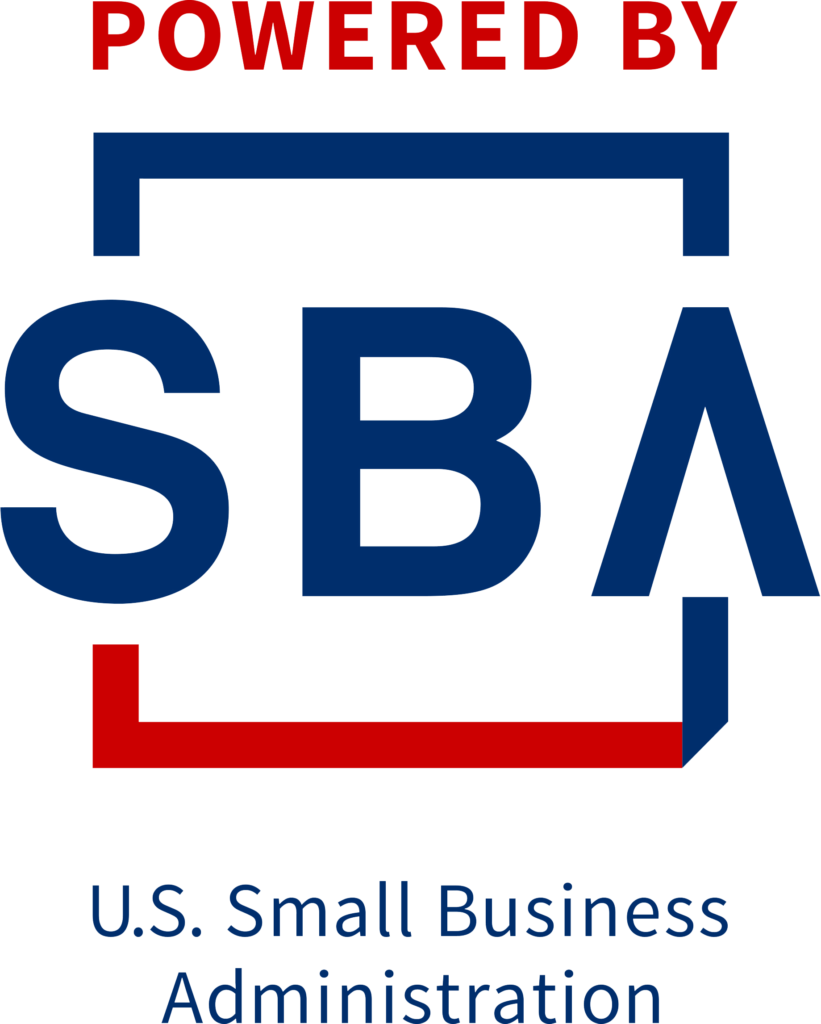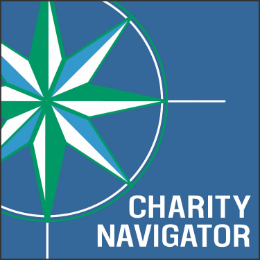Christine Hall, Reporter | Apr 1, 2011, 5:00am CDT
Alternative lending was a last resort for Sue Habib, Wendi-Ann Walker and Ariel Vargas, but it was the one that paid off.
All three received business funding from not-for-profit Acción Texas-Louisiana, the largest microlender in the United States. And with banks severely tightening loan qualifications, the quest for money has prompted several other alternative lending companies to recently set up shop in Houston.
Walker, who owns Jamaica House Cafe & Grill, and Vargas, who started event company Ariel’s Party, received several thousand dollars each to start their companies. Both had tried to get funding from banks and credit unions, without success.
Banks told Walker her Westheimer restaurant was too risky, in part because she didn’t own the building. And, banks weren’t excited that Vargas didn’t have a credit history. That forced him to put his wife on the loan applications, but, after opening a bridal and alterations shop in 2004, her credit was strained. Habib needed money to expand her flower shop, Lexis Florist Inc. She got $65,000 from Acción last year to increase the shop’s size to 9,000 square feet, as well as hire two employees.
Last week, San Antonio-based Acción received a $5 million boost from J.P. Morgan Chase, which will allow the company to make more than 2,500 loans over the next three years.
Acción aims to disperse $2.4 million in the Houston area during that time, according toJanie Barrera, CEO.
The company’s total annual operating budget is $10 million. Broken down, $6 million is revenue generated from the portfolio, and $4 million has to be raised every year, she said. Overall, the company has $25 million under management, and its ratio of debt to equity is 38 percent.
“It is a wonderful financial place to be in,” she added.
The Commercial Finance Association, a trade group that tracks the asset-based lending industry, reported that in 2009 — the most recent data available — the total amount of U.S. asset-based loans outstanding was down 18.6 percent to $480 billion from $590 billion in 2008. CFA said it was the first time since 2001 year-over-year movement was negative.
Meanwhile, in the fourth quarter of 2010, $1.18 billion in commercial and industrial loans were reported by 7,657 Federal Deposit Insurance Corp.-insured banks and savings institutions. That is down from $1.22 billion in 2009.
Houston also has seen several other alternative lenders enter the market recently.
Former KB Home executive Kyle Davison opened a Houston-area office for The Interface Financial Group, based in Bethesda, Md., earlier this year to provide alternative sources of working capital. Interface provides funding by purchasing the accounts receivable from a company. That means it will give money — not a loan — based on the amount of invoices a company has and will take over the collection of the accounts.
“Most invoices require payment in 30 days, but companies can take up to 45 days to actually pay,” Davison said. “Meanwhile, the company still has to pay its employees and its other costs.”
Similar to Interface is Louisiana lender Republic Business Credit LLC, which opened a Houston office last month to provide working capital for fast-growing startups or turnaround companies, especially in the energy sector.
It also buys accounts receivables, as a factoring company, and offers lines of credit, according to Allen Frederic, CEO. Factoring involves acting as the accounts receivables department for a client. When an invoice is paid, the balance of the face value of the invoice is released to the client, less the factor’s fees.
Although $1.6 billion of receivables were factored in 2009, according to the Commercial Finance Association, alternative lending still carries a stigma, Frederic said.
“Most of our clients in the oil patch have something in common — their clients are big companies,” he said. “They don’t want the big clients to look down on them” for factoring.
Acción’s Barrera said companies shouldn’t hold alternative lending to a different standard. She hopes clients will graduate from her organization and get loans from banks.
“We are part of the financial process,” Barrera said. “Our goal is to educate clients on how to qualify for a loan, and that it is not a bad thing to have to get funding from somewhere else first.”
For entrepreneurs who don’t even know where to start, Houston-based LoanBox LLC created a beta website in late February that matches lenders with those looking for funds.
CEO Scott Breimeister calls LoanBox a combination of eHarmony and Expedia.
“We have a matching algorithm that finds the companies that are best suited for each other,” he said. “Or you can call up all of the lenders who match and figure out the best deal.”
LoanBox aims to take the mystery out of finding a lender by vetting them for the customer, said Breimeister, who said banks don’t often advertise their troubles.
“You don’t know if they are operating under a cease-and-desist order,” he said. “You also can’t tell if they are not lending because they don’t want to or can’t make a loan at all.”
As for Habib, Walker and Vargas, their loans are proving successful.
Walker opened Jamaica House late last year, and Vargas was able to purchase more supplies and doesn’t have to contract out as much business.
And this year has been a turning point for Habib. Business at Lexus Florist has doubled since the beginning of the year, she said.



